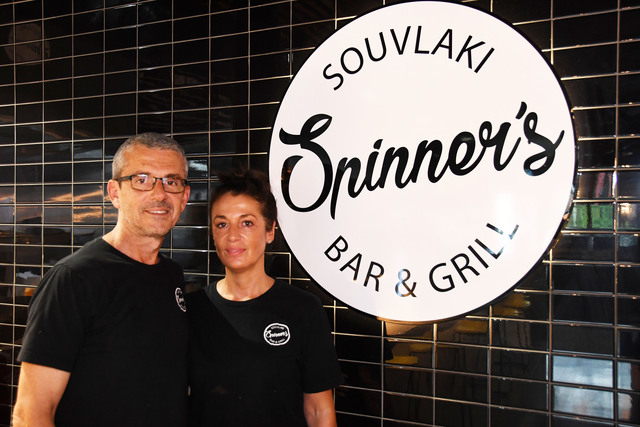By Ed Merrison
FAMILIES in the Yarra Valley blame changes in Government policy for disrupting their lives, costing them time and money and leaving their disabled children high and dry.
The foster carers of a woman with a severe intellectual disability and two families with Down Syndrome children have been reeling since a Croydon care centre, Monkami, decided to end a bus service several months ago.
But the families believe Monkami was left with little choice by State Government funding models, which the families say do not suit people with severe disabilities.
Maureen and Bob Cooper of Badger Creek and Sue and Rod Vogt of Healesville now have to drive to Coldstream twice a day, five times a week, to meet a bus that used to provide a door-to-door service.
Lyn Duffton of Yarra Junction, who has four children as well as her disabled foster daughter, Fleur, now spends more than 80 minutes a day on return trips to Wandin instead of making the 10-kilometre trip to the previous pick-up point in Woori Yallock.
Mrs Cooper, who is 68 and is nursing her 74-year-old diabetic husband back to health after hip surgery, said the change in the bus route had caused their daughter Pamela great distress and was a logistical nightmare for the family.
Pamela, 40, has been attending Monkami for 36 years. She has made good friends there, is settled in a routine and enjoys the independence the bus affords her.
Now Mrs Cooper is worried about her daughter’s future. “I’m nearly in my 70s and I don’t know how long I’ll be able to drive to Coldstream,” she said.
“Pammy doesn’t want to go in a home yet and we love it up here and don’t want to move.”
Ms Duffton said she is “very annoyed” at the loss of the service and does not think she will be able to afford to do the Wandin run next year.
However, she is concerned that 19-year-old Fleur has few realistic options open to her, despite receiving money through the Government’s Futures for Young Adults program.
Sue Vogt, whose 23-year-old son Adam has been attending Monkami for five years, said the change in routine was costing time and money and had affected Adam.
“He’s upset because he thinks he might be the problem and he’s in trouble,” she said.
Sue’s husband Rod believes the problem lies with the State Government, whose State Disability Plan 2002-12 favours allocating funds to individuals rather than organisations.
“The Government has a policy in place that says we don’t need the Monkamis of this world, and that’s just wrong,” he said.
Monkami’s chief executive, Paul Gierck, said a decline in the number of Yarra Valley clients over the years had made the bus economically unviable.
But he agreed with Mr Vogt’s assessment that the new Government funding model looked unfavourably on places such as Monkami.
He said the centre, which receives recurrent funding of about $2.5 million, had been affected by grants for capital works and vehicle replacement which has dried up in recent years.
However, a spokeswoman for the Department of Human Services (DHS) said Monkami played an important part in the system.
“The State Disability Plan in no way financially disadvantages services like Monkami and there have been no funding cuts to Monkami,” she said.
DHS staff would continue to work to minimise the impact of Monkami’s decision and to expand the range of service options for people in areas such as the Yarra Valley, she said.
But Ms Vogt, who like Ms Duffton would be happy to pay more to have the bus run an extended service, said conversations with the DHS showed staff did not understand Adam’s needs.
She described DHS suggestions of alternative options for her son as “ludicrous” and “insulting”.
“I just can’t imagine sending Adam out into the community with all sorts of problems and logistical difficulties,” she said.
“And that doesn’t solve the transport problem anyway.”
Families of disabled miss the bus
Digital Editions
-

Pilates fundraiser exceeds goal for Stable One
A local pilates fundraiser, The Hundred for the Homeless, organised by instructor Vicky Kamakaris, has far exceeded its initial goal of $1000, raising an impressive…





